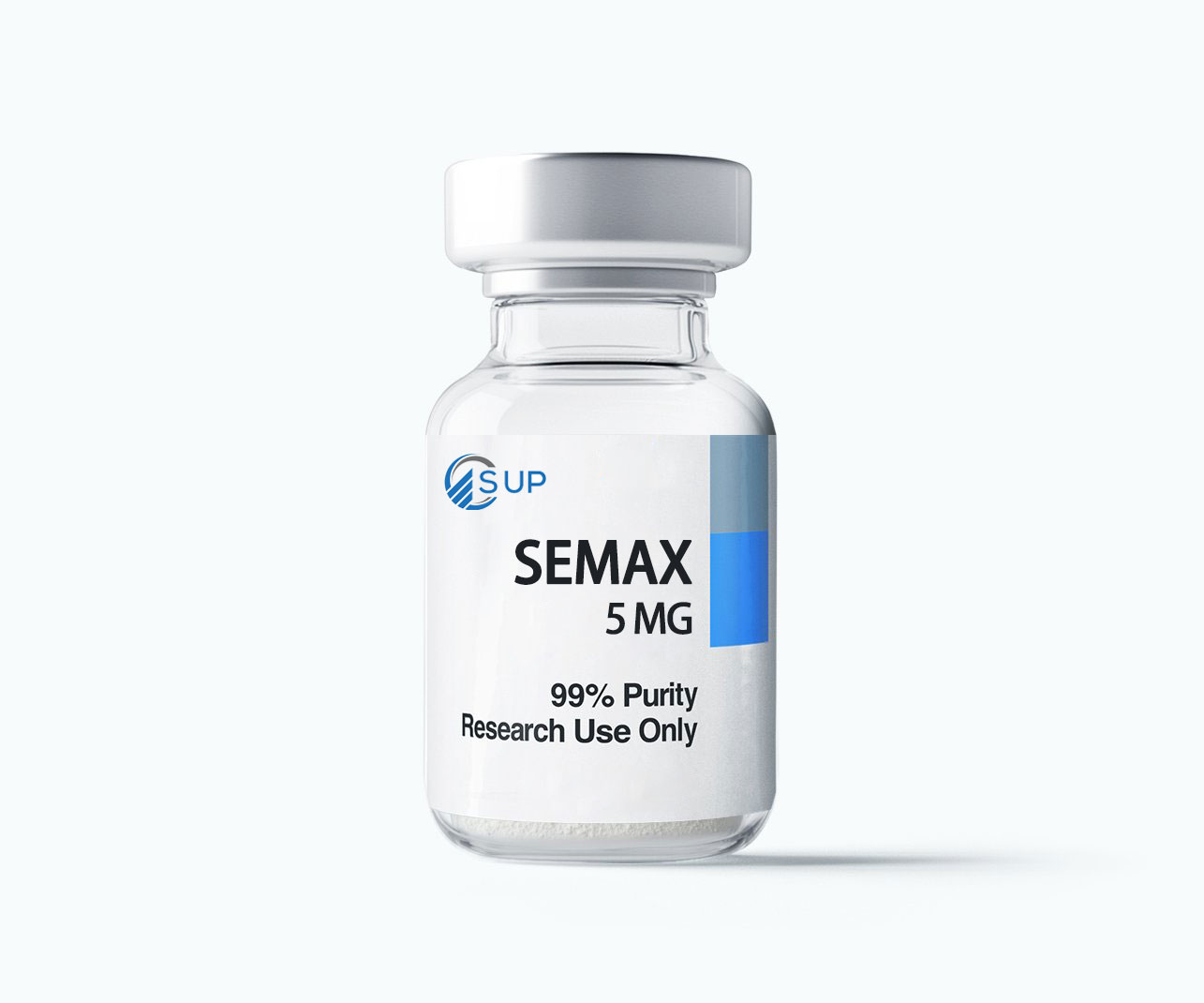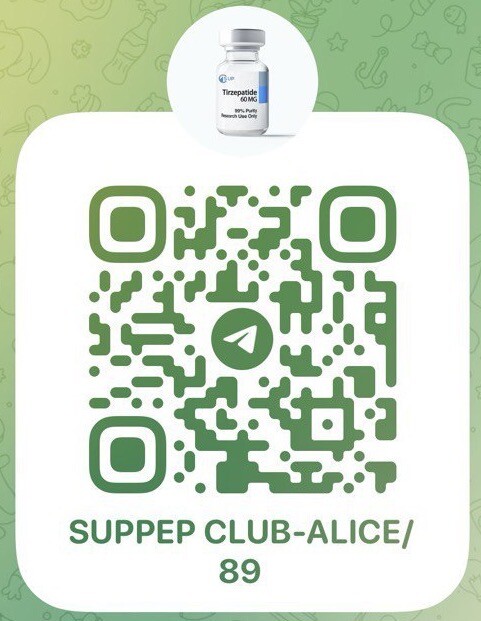SEARCH
MESSAGE
How Does a Peptide Factory Adapt to the Unique Needs of Different Peptide Users?

Peptide users come from diverse fields—academic labs testing new biological theories, biotech firms developing novel products, and even food science teams enhancing ingredient functionality. With such varied demands, you might ask: How can a single peptide factory meet the distinct needs of each group? The answer lies in its flexible services, specialized expertise, and customer - centric approach that prioritizes tailored solutions over one - size - fits - all offerings.
For academic researchers, a peptide factory focuses on precision and small - batch flexibility. These users often need custom peptides with specific modifications—like fluorescent tagging for imaging studies or phosphorylation to mimic cellular signals—and only require small quantities (sometimes just a few milligrams). A peptide factory rises to this by using high - precision synthesis equipment that can handle intricate sequences, and by offering rapid turnaround for small orders. For example, a university lab studying peptide - protein interactions might need a modified peptide within two weeks; the factory can streamline its process to meet this tight timeline, while still conducting rigorous purity tests to ensure the peptide works for sensitive experiments. This flexibility lets researchers stay on track with their studies without compromising on quality.
Biotech companies, on the other hand, need scalability and consistency—key factors for moving projects from early development to larger - scale production. A peptide factory addresses this by building scalable production lines. A startup working on a peptide - based diagnostic tool might start with a 10 - gram order for initial testing; as the project progresses to clinical trials, the factory can easily ramp up production to kilograms, maintaining the same purity and stability standards. What’s more, the factory keeps detailed production records, which is crucial for biotech firms needing to comply with industry regulations. This seamless scaling eliminates the risk of switching suppliers and ensures project continuity.
Food science and cosmetic teams have their own unique requirements, often centered on safety and compatibility. A peptide factory caters to these needs by sourcing food - grade or cosmetic - grade raw materials and following industry - specific safety protocols. For a cosmetic brand creating a peptide - rich anti - aging cream, the factory produces peptides that are stable in formulations and meet global safety standards. It also offers guidance on peptide solubility and compatibility with other ingredients, helping the brand avoid formulation issues that could delay product launches. This level of support turns the factory into a collaborative partner, not just a supplier.
No matter the user’s field, a peptide factory also prioritizes transparent communication. It assigns dedicated account managers to each client, who learn about their specific goals and keep them updated on production progress. If a client needs to adjust their order—like changing a peptide’s sequence or increasing the batch size—the factory can quickly adapt, minimizing disruptions.
In a world where peptide needs vary widely, a peptide factory stands out by putting the user first. Its ability to adapt to academic, biotech, and industrial demands, combined with strict quality control and open communication, makes it the go - to partner for anyone working with peptides.

